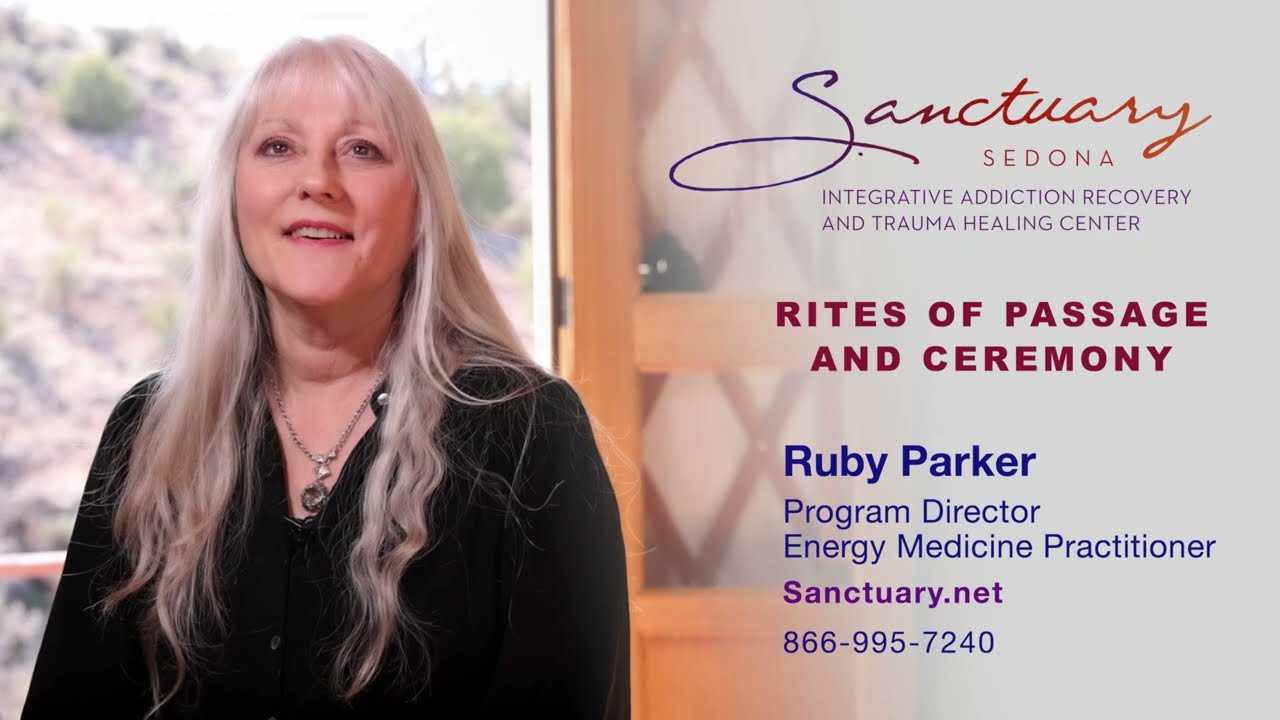The rite of passage serves a vital role throughout society, especially in addiction treatment, by guiding patients through transitional times to new stages. This transformation encourages long-term change by marking a significant shift from the past self to a new way of life. It acts as one essential element in a holistic addiction recovery program.
What Is a Rite of Passage?
The rite of passage gained prominence in society in the early 1900s when a French anthropologist named Arnold van Gennep coined the term. He saw rites of passage as significant events that ease a social transition. Since the term’s origins, it has become more prevalent in anthropological and sociological studies. People use the expression to refer to many scenarios that mark milestones in a person’s life.
These landmarks might include a graduation, birth, marriage, first child or the completion of an addiction recovery program. Rites of passage help people create social frames for new life stages, helping avoid the uneasiness and disruption that often accompanies these significant changes. These ceremonies often have guides who understand these transitional events and can provide wisdom and aid throughout the journey.
3 Stages of a Rite of Passage
Ceremonial events have three stages, bringing individuals from who they were to who they will become. A holistic addiction recovery process guides patients through each step. The stages include:
- Opening phase: People struggling with addiction acknowledge the need for change and mark the ending of old ways of life.
- Threshold phase: Patients partake in spiritual rituals to symbolize transition and establish the intent to shift toward recovery.
- Closure phase: This stage celebrates progress and confirms an intention to begin a new journey phase with a hopeful ending to the old.
The Benefits of Rite of Passage for Transformation
Rites of passage create symbolic events that guide a mental and physical shift toward a new life. These rituals bring many positives, including:
- Sense of renewal: These celebrations generate a reminder of constant evolution, aiming toward a healthier future.
- Creation of community: Marking transformation as a group empowers individuals to pursue their journey, knowing others will grow alongside them.
- Instilling power and motivation: Looking back at past rituals encourages people to see progress and push through new obstacles with greater vigor.

Rite of Passage in Addiction Recovery
Rites of passage mark transformation and show people with addiction that they can pass through difficulties to achieve recovery. The ceremony creates a profound personal experience for everyone passing through recovery by showing how hard work brings positive change.
Passing from patient to alumnus of a recovery program makes freedom from addiction feel like a viable possibility rather than an abstract goal. These noteworthy events are a constant reminder through future struggles that people with addiction can successfully recover.
By acknowledging and letting go of the past and looking to the future using rites of passage, patients can advance their recovery by making a significant transition to a new phase.
Seek Holistic Recovery From The Sanctuary at Sedona
We believe recovery must address patients’ physical, mental and emotional states. We offer alternative therapy approaches like rites of passage not as an add-on but as an essential component of the healing process. For those seeking a comprehensive and science-backed approach to addiction treatment, The Sanctuary can help. Reach out today to seek healing and addiction recovery.




